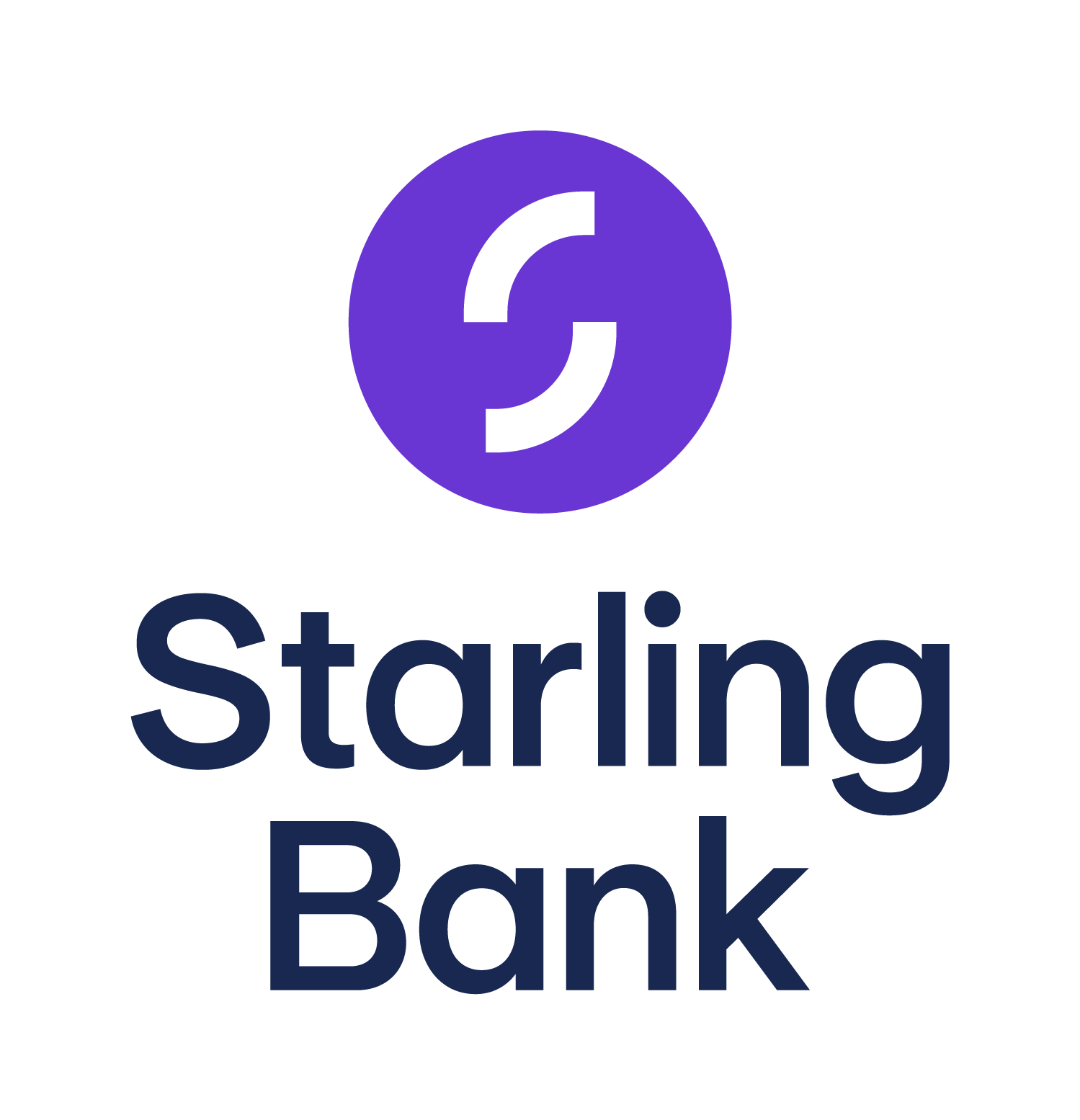
If you’re expecting a baby or will be the main carer for a baby, there will be a range of costs involved. The amount that you’ll need to spend can depend on where you live, what healthcare you have access to and if you get benefits. But there are a few budget-saving steps you can consider.
It can be helpful to sit down with your partner, co-parent or someone you trust to work out a rough baby budget. Consider what money will be coming in if you’re taking parental leave. Find out if you’re entitled to pay or allowance.
Think about whether your family or friends can provide any support. This could be contributing money to your budget, helping with childcare, passing on their own baby items or cooking meals for you.
You can use the Money Helper Baby Costs Calculator to help you work out a realistic breakdown of spending.
It can be daunting reading long lists of what you need to buy for your baby. But it can be helpful to remember that not everything is essential. Some items are not needed until your baby is older, while others are not needed at all but instead might be considered luxury items.
The items that are essential for newborn babies include:
Think about how you will get around with your baby when they first arrive. You might want a pram, car seat, baby carrier or sling.
Consider breast pads and maternity pads too if you’re the one giving birth (think about whether to buy disposable or reusable).
Your baby will need a safe place to sleep when they arrive, but they do not need their own room right away. The NHS recommends that your baby sleeps in the same room as you for at least the first 6 months. You will also want to think about where you will change your baby’s nappies – a mat can be useful but changing doesn’t need to happen in a specific place like a changing table. As time goes on your baby will need more things, such as clothes, books or toys, toiletries and a baby bag for when you go out and about.
Although it can be exciting to start shopping as soon as you find out you’re becoming a parent or carer, you don’t need everything new. You can search for quality second-hand products in places like:
If you’re buying second-hand items, make sure they’re working well and are cleaned and sterilised before you give them to your baby. You can borrow some items from your local library, children’s centre and toy libraries too – search online to see what’s local to you.
Baby groups or classes can be beneficial for you and your baby, but you may worry if they cost money. Search for free options where possible. This might include looking at:
Some parents or carers prefer to save as they go, putting their money towards items as they are needed. But it can be helpful to try to start saving in preparation. This can reduce some stress if unexpected costs arise.
You might want to set up a separate bank account for baby-related items so that you’re confident with what you have available and don’t accidentally use this money for other items. Some banks have saving spaces as part of their current accounts, so you can put money aside without setting up a separate account.
Although it can be a bigger initial cost, it can be helpful to consider the longer-term investment of some items. For example, you might choose a cot that can change into a toddler bed later.
You could also consider using reusable nappies and wipes, rather than disposable ones. There is an upfront cost to using reusable nappies but you can often save money overall. You can apply to get discounts on cloth nappies.
If you’re thinking about buying a breast pump, it can be helpful to know that some hospitals will rent out their electric breast pumps.
If you’re struggling financially, there are some funds and grants that you may be eligible for. These include support for general child costs, childcare and food. You can also ask your health visitor to help you make sense of the options available.
You may be able to get help while pregnant or for when your baby is born if:
You may be able to get support with childcare costs if you:
You may be eligible for a certain amount of free childcare a week if you’re working. Find out more about what’s available and what to consider when balancing work and childcare.
You may be able to get support with the cost of food and milk if you:
The government provides a full list of the options for financial support if you have children.